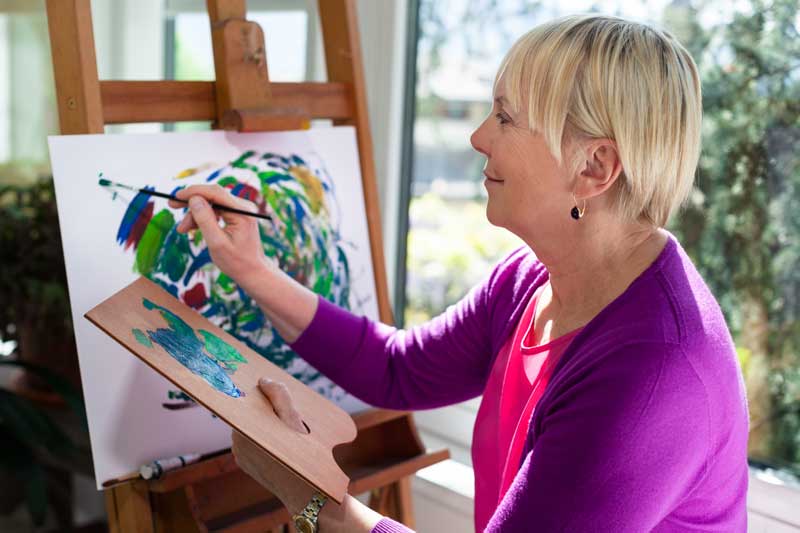How To Thrive During a Crisis
Child Psychiatry Crisis’ come in many flavors. I am going to list some of the most common chief complaints I experience from the parents of my patients:
“My son’s grades went from B’s to D’s & F’s. We have done everything. Tutors. Therapy. Help!”
“My daughter is complaining of stomach aches. She has missed almost a month of school. The pediatrician has ruled everything out. I tend to have some anxiety and it is heartbreaking to see her suffer like this.”
“My son is just not able to keep up in school or socially. He also is having trouble making friends. Therapy is helping a bit yet we need to figure this out.”
“My daughter was always a good eater until she took this nutrition class. She always likes to be perfect and she followed the nutrition tips to the point now where she is counting calories, has lost 15 lbs, and will not eat at the dinner table with us.”
“My kid was bullied last year. We were hoping a break from that group would help. It started again. He is sad. He wants to change schools now.”
Do you know how hard it is for someone to call a Child Psychiatrist for his or her child? Really, really hard. Parents often tell me that they waited three to six months to make the call. They report: “I was just hoping it would be a phase.” They also mention that they think calling me means: “I have to put my child on meds.”
I make it very clear that is always done based on clinical presentation (severity and true indication) and that I would choose all other modalities of wellness before going the medicine route.
By the time someone calls me they have already tried therapy, tutors, nutrition changes. You name it. Parents want their child to thrive. So do I. You can see that a Child Psychiatrist is usually the last line of defense.
When the call comes in a child is usually in crisis. I educate parents about the process of the evaluation and clearly state: “My goal is to prescribe the least amount of doctors appointments and the least amount of medications. The end point is for your child to move out of crisis, feel empowered and thrive.”
My patients thrive. Bottom line. It does happen.
I spend time on the phone before a family comes into my practice so patient education and therapeutic intention is known. My patient, their parents and myself are going to all be working towards thriving and mental wellness. I set that expectation and hold them accountable for engaging in their life and treatment. I am a Doctor and a Facilitator of Wellness. I believe that everyone needs to realize how powerful and important their thoughts, actions and behavior are.
I validate the “illness” part of suffering yet explain that our thoughts and word choice are an essential part of the “fast track to wellness.” I use language that is appropriate for each age group. I embrace Western medicine coupled with all paths to wellness. I practice with an open mind and heart and this leads to the best outcome for my patients.
If you are seeking a doctor for you or your child it is important to know if they are well trained, compassionate and empathic.
How do you figure this out? You get to spend time with them. You listen carefully to not only the facts they educate you with but how they deliver the information. Do you feel like they want you to be well? Are they treating you like a person and not like you are a “walking target symptom”? Do they make eye contact when they are talking to you? Do they listen to your viewpoint?
The key to going from crisis to thriving is the belief in your ability to get well, the belief in your doctor’s expertise and empathy, and your determination to follow the outlined path to wellness and “engage” in your health.
We as Child Psychiatrists have the data to utilize medication, cognitive behavior therapy and other indicated treatment modalities thanks to our “Academic Mental Health Warriors.” I want to express gratitude to my colleagues at UCLA and Emory University and all of the “Pioneers of Child Mental Health” that have been doing the clinical trials to gain the knowledge and data we have at this point in history.
When you or your loved one is going through a crisis, remind yourself or them that on the other side of that is stabilization and that everyone has the ability to maintain a place of thriving.
We all want what is best for our children. I want to take it a step further and push the envelope of wellness. As a society we need to embrace mental health and wellness in every environment. We need to be proactive not reactive. We all thrive when individuals thrive.
Focus on the end point of THRIVING – not just the current crisis. Take that first step and look at the areas in your life that make you feel energized. Ask yourself, how can I create my best life? Make a list and begin to focus on those things. With the right support, the right plan, you will begin to turn your life around and thrive.
Dr. Denise




